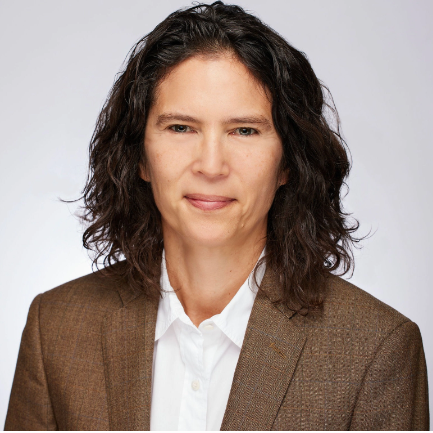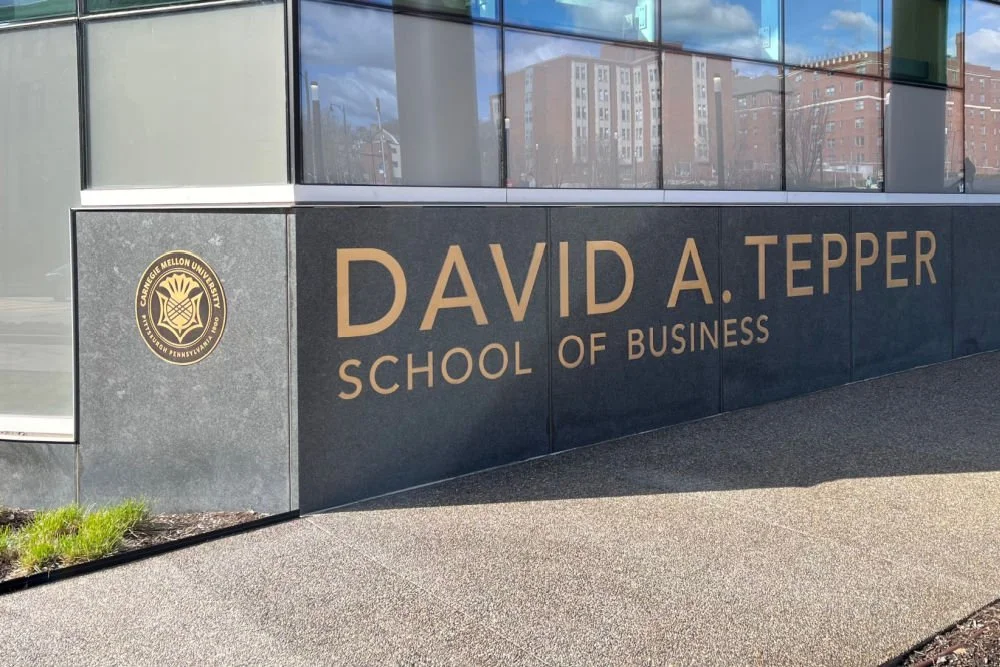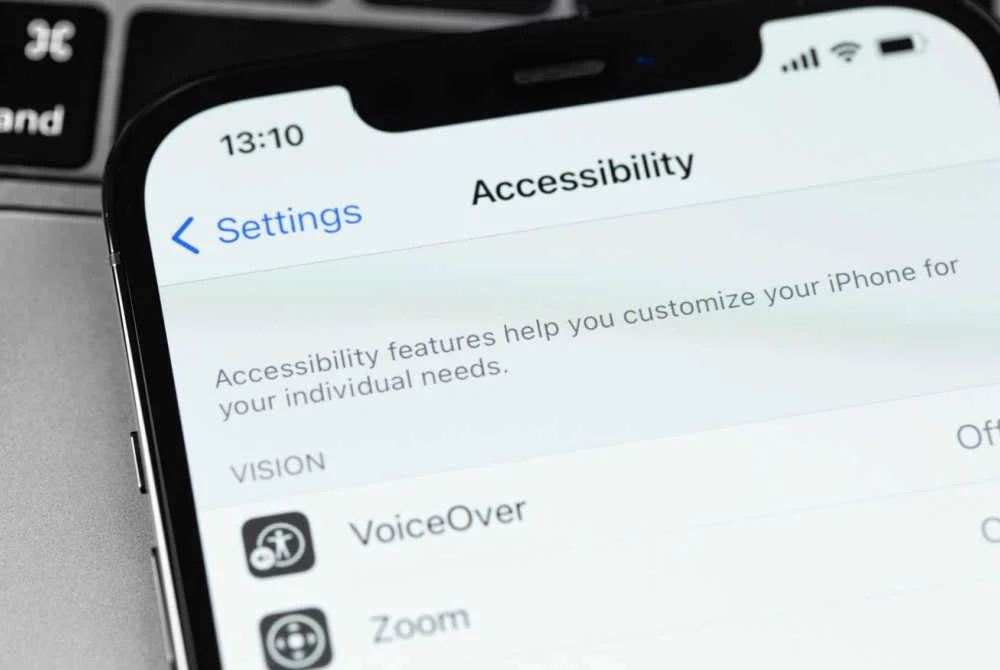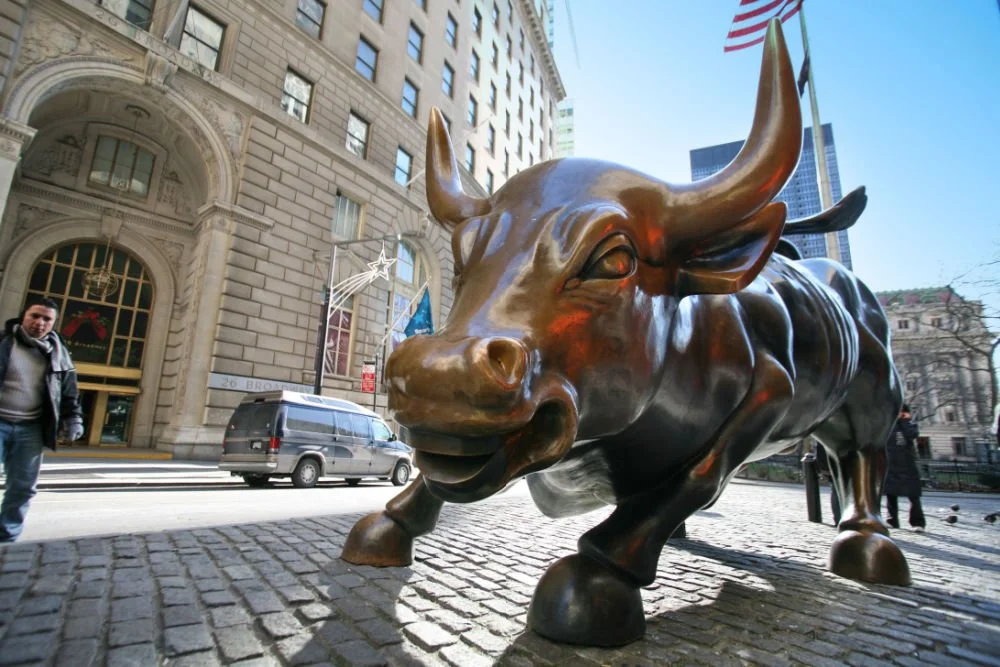Diverse Investments in U.S. and Abroad Fuel a New Push for Inclusive Mobility
/A fruit vendor in cusco, Peru. Myriam B/shutterstock
What really drives sustainable, inclusive growth? And what solutions can philanthropy provide in a world where 1 percent of the population holds 45 percent of the wealth, and a digital revolution is swiftly lifting some, while sweeping others aside?
A cross section of purpose-driven leaders unveiled new tactics last week at an inaugural summit co-hosted by the Mastercard Center for Inclusive Growth and the Aspen Institute. Together, participants made more than $72 million in commitments to drive progress on sustainable economic equality.
Among the solutions put forward were a $26 million marshaling of resources between the hosts, a data-driven toolkit to help federal Opportunity Zones achieve equitable growth, and two significant grant announcements—one to lift economic mobility by connecting low-income Americans to government benefits, and another that’s part of an effort to help women, micro-entrepreneurs and smallholder farmers participate in the global economy.
Mobility through Benefits
The Rockefeller Foundation and Mastercard announced grants totaling $7.5 million to Benefits Data Trust (BDT), to improve the health and economic prospects of 5 million low-income people. Two-thirds of the commitment was funded by Rockefeller.
BDT uses private sector strategies to give tens of thousands of eligible Americans financial independence by tapping government programs that help meet basic needs like food, shelter and medical expenses. Since beginning its work in 2005, the organization has screened more than 1 million households and secured more than $7 billion in benefits and services. Its other funders include top foundations like Kresge and Robert Wood Johnson, as well as smaller philanthropies like the Abell Foundation and the Leo and Peggy Pierce Foundation.
M.L. Wernecke, BDT’s director of policy and communications, says the investment will most immediately be felt in the six states in which it currently operates—Colorado, Maryland, North Carolina, Pennsylvania and South Carolina. The new investment will help BDT expand its reach to 12 states over the next five years, delivering at least $2.5 billion in additional benefits.
Mobility for Women, Micro-entrepreneurs and Smallholder Farmers
Mastercard also announced new and expanded partnerships with the United States Agency for International Development (USAID), building on a relationship with the Smart Communities Coalition that began in 2018. One grows its commitment to W-GDP—the White House’s efforts to advance global women’s economic empowerment. The other is a new collaboration with USAID’s Bureau of Food Security to help smallholder farmers in sub-Saharan Africa join financial ecosystems and link to broader markets through digital platforms.
Along with those efforts, the Mastercard Impact Fund announced a new, $5.26 million funding partnership with the international humanitarian aid agency CARE USA. Over three years, that investment is expected to provide almost 4 million small and micro businesses in Peru, Pakistan and Vietnam with the tools, training and resources they need to join the formal economy. More than 50 percent of participating businesses are expected to be owned or operated by women.
Inclusive Mobility
The two event sponsors, Mastercard and the Aspen Institute, also announced the creation of a multi-year partnership to leverage the combined strengths of the public, private and nonprofit sectors: The Aspen Partnership for an Inclusive Economy (APIE). Seeded by a $26 million commitment from Mastercard, APIE will allow both parties to put their strongest assets toward developing bold new ideas, anchored in data.
Marshaling the resources of government, corporations, nonprofits and philanthropies is critical to combating growing economic inequality and exclusion, something Aspen Institute President and CEO Dan Porterfield called “one of the defining issues of our time.”
During his opening comments, Porterfield even went a step further, characterizing the call for economic equality as a “thirst for justice” by citing the words of Nelson Mandela: “Overcoming poverty is not a gesture of charity, it is an act of justice. It is the protection of a fundamental human right, the right to dignity and a decent life.”
Related:







































